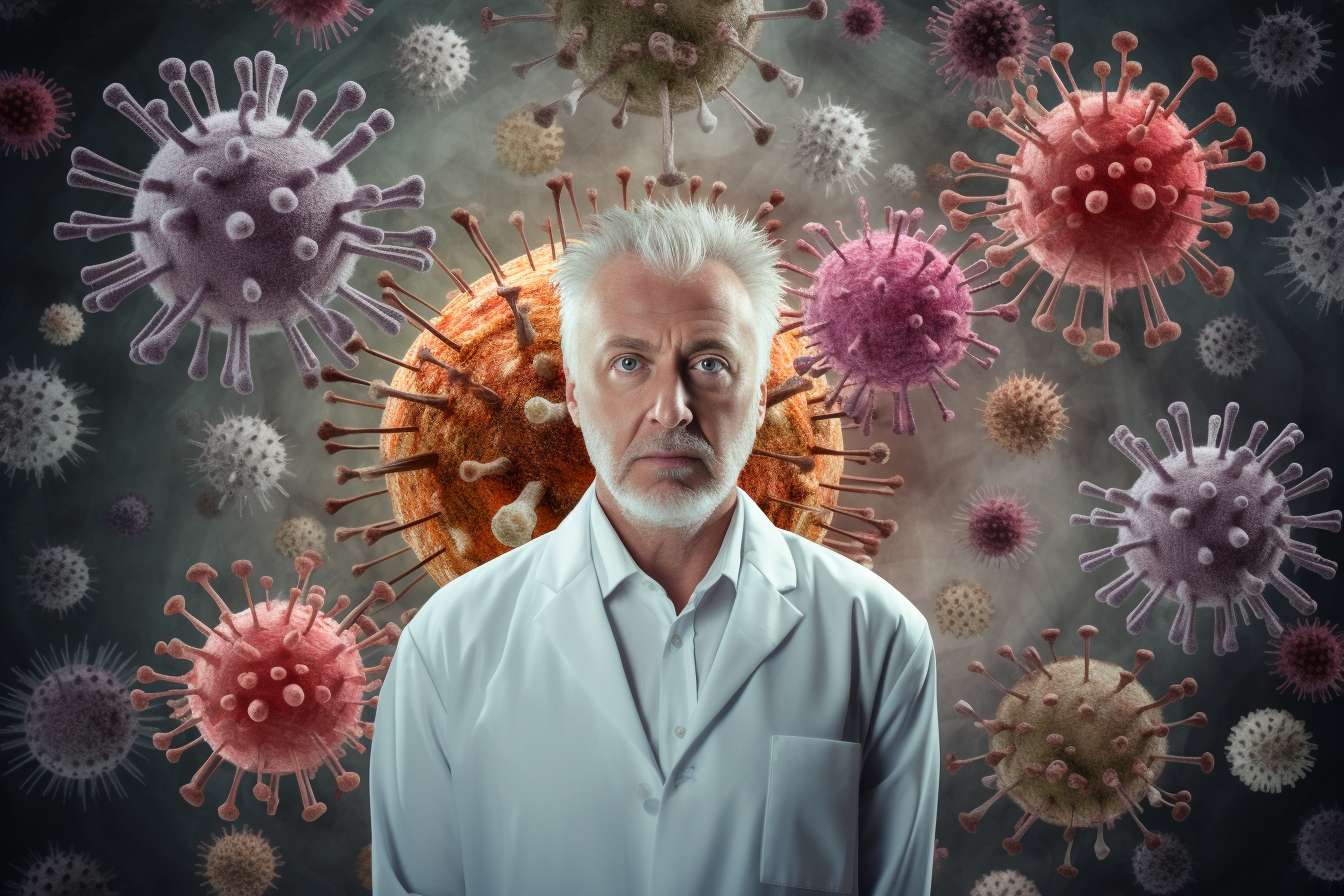Mycelial Medicine: Fungi-Based Therapies Revolutionizing Healthcare
What if the next breakthrough in medicine was growing beneath our feet? Fungi, long overlooked in Western medicine, are emerging as powerful allies in treating various health conditions. This article delves into the fascinating world of mycelial medicine, exploring how these remarkable organisms are reshaping our approach to healing and wellness.

Mycelium has evolved over millions of years to break down organic matter, communicate with its environment, and produce an array of bioactive compounds. These properties make fungi uniquely suited for medicinal use, offering a treasure trove of potential treatments for human health.
From Ancient Wisdom to Modern Science
The use of fungi in medicine is not new. Traditional healing practices in various cultures have long recognized the medicinal properties of certain mushrooms. Chinese medicine, for instance, has used reishi mushrooms for centuries to boost immunity and promote longevity.
However, it’s only in recent decades that Western science has begun to unravel the complexities of fungal biochemistry and its potential applications in modern medicine. Advances in biotechnology and a growing interest in natural remedies have sparked a renaissance in mycelial research, leading to groundbreaking discoveries and innovative therapies.
Bioactive Compounds: Nature’s Pharmacy
One of the most exciting aspects of mycelial medicine is the vast array of bioactive compounds produced by fungi. These include polysaccharides, terpenoids, and various enzymes, each with unique properties that can be harnessed for therapeutic purposes.
For example, beta-glucans found in many medicinal mushrooms have shown promise in enhancing immune function and potentially fighting cancer. Lion’s mane mushroom contains compounds that may stimulate nerve growth factor production, offering hope for neurodegenerative disorders like Alzheimer’s disease.
Mycelium as Medicine: Current Applications and Future Prospects
The medical applications of mycelium are diverse and rapidly expanding. Current research focuses on several key areas:
- Immune modulation: Many fungal compounds can regulate immune response, potentially benefiting conditions ranging from allergies to autoimmune disorders.
- Cancer therapy: Certain mushroom extracts have shown anti-tumor properties and may enhance the effectiveness of conventional cancer treatments.
- Mental health: Compounds from fungi like psilocybin are being studied for their potential in treating depression, anxiety, and addiction.
- Antibiotic alternatives: With the rise of antibiotic-resistant bacteria, fungi are being explored as a source of new antimicrobial compounds.
- Environmental remediation: Mycelium’s ability to break down complex organic compounds makes it a promising tool for cleaning up environmental pollutants.
The Challenges of Mycelial Medicine
While the potential of mycelial medicine is immense, several challenges must be addressed:
- Standardization: Ensuring consistent quality and potency of fungal-derived medicines can be difficult due to variations in growing conditions and extraction methods.
- Regulatory hurdles: As a relatively new field, mycelial medicines face stringent regulatory requirements before widespread adoption.
- Public perception: Overcoming misconceptions about fungi and educating the public about their medicinal value is crucial for acceptance.
- Sustainability: As demand grows, ensuring sustainable harvesting practices and cultivation methods is essential to protect fungal ecosystems.
Integrating Mycelial Medicine into Holistic Healthcare
The future of mycelial medicine lies in its integration with conventional healthcare practices. This holistic approach combines the best of traditional wisdom and modern science, offering patients a broader range of treatment options.
Healthcare providers are increasingly recognizing the value of fungal-based therapies as complementary treatments. Integrative medicine clinics are incorporating medicinal mushrooms into their protocols, particularly for immune support and cancer care.
Fascinating Fungi Facts
- The largest known organism on Earth is a honey fungus in Oregon’s Malheur National Forest, covering an area of about 2,385 acres
- Fungi can communicate with each other and with plants through underground mycelial networks, sometimes called the Wood Wide Web
- Some fungi can break down radioactive material, potentially aiding in nuclear waste cleanup
- Certain mushrooms can produce vitamin D when exposed to sunlight, similar to human skin
- Mycelium can be used to create sustainable packaging materials and even building blocks for construction
As we continue to unravel the mysteries of the fungal kingdom, mycelial medicine stands poised to revolutionize healthcare. By harnessing the power of these remarkable organisms, we open new avenues for treating disease, promoting wellness, and fostering a deeper connection with the natural world. The future of medicine may well lie in the intricate networks beneath our feet, offering hope and healing in ways we are only beginning to understand.






